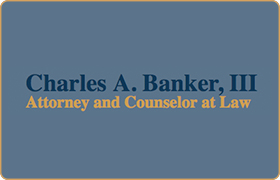Anahuac White Collar Crime Lawyer, Texas
Sponsored Law Firm
-
 x
x

Click For More Info:
-
Charles Banker, Attorney at Law
405 Main St. Ste. 910 Houston, TX 77002» view mapCriminal 30 Years Experience
You need an attorney with criminal defense knowledge who will vigorously protect your rights.
800-969-9880
Not enough matches for Anahuac White Collar Crime lawyer.
Below are all Anahuac Criminal lawyers.
Randolph A. Mcdonald
Criminal, Family Law, State Appellate Practice
Status: In Good Standing Licensed: 45 Years
Edgar Demian Lieck
Environmental Law Other, Criminal, Business & Trade, Personal Injury
Status: In Good Standing Licensed: 33 Years
Eric Charles Carcerano
Criminal, Administrative Law, State Appellate Practice
Status: In Good Standing Licensed: 31 Years
Nicholas Dane Listi
Juvenile Law, Lawsuit & Dispute, Clean Air Practice, Criminal
Status: In Good Standing Licensed: 29 Years
Cindy Sue Thomas Price
Public Schools, Family Law, Criminal, Business & Trade
Status: In Good Standing Licensed: 20 Years
Georgia L. Clapper
Commercial Real Estate, Clean Air Practice, Family Law, Criminal
Status: In Good Standing Licensed: 43 Years
 Charles Banker Houston, TX
Charles Banker Houston, TX AboutCharles Banker, Attorney at Law
AboutCharles Banker, Attorney at Law Practice AreasExpertise
Practice AreasExpertise
